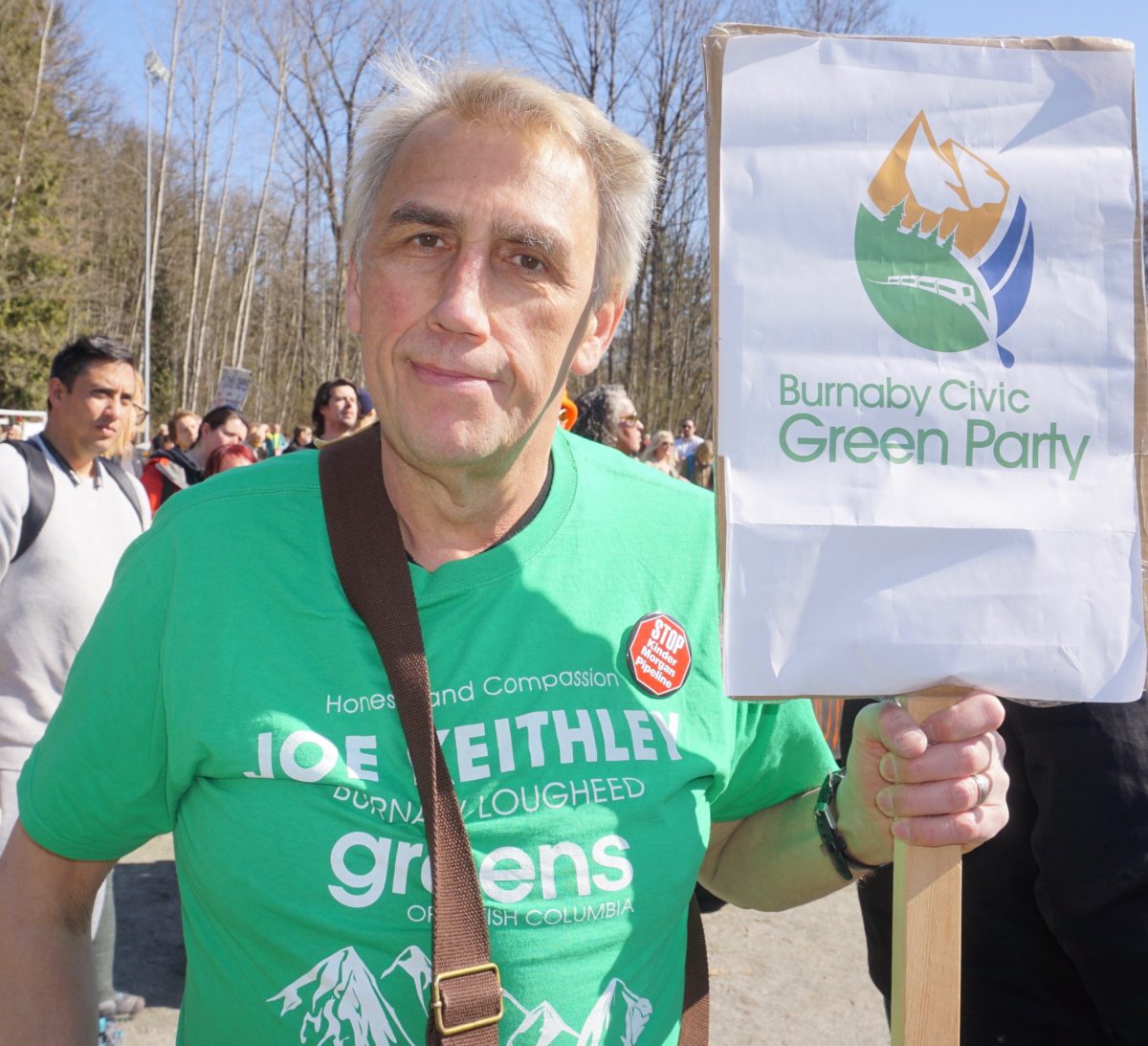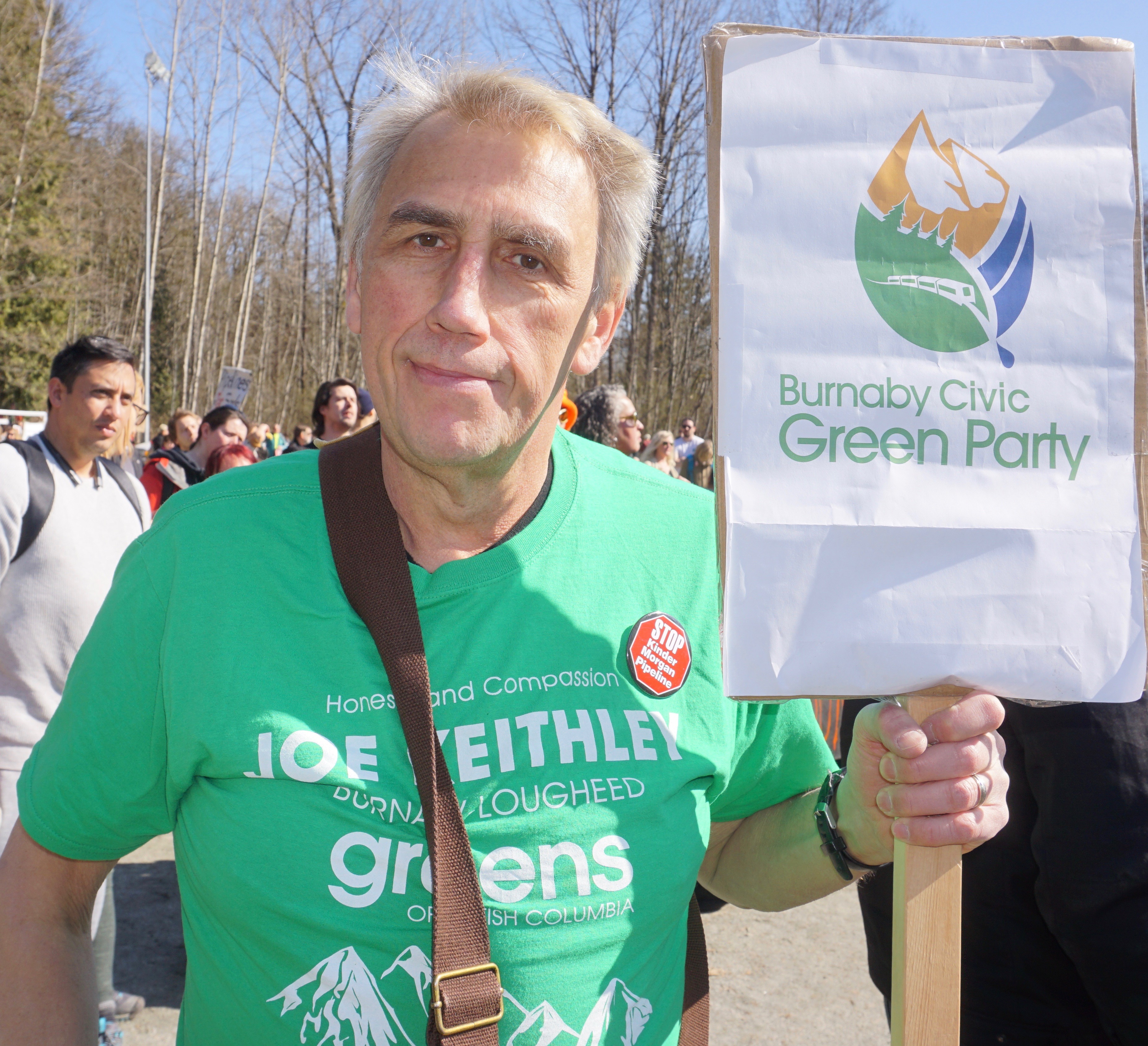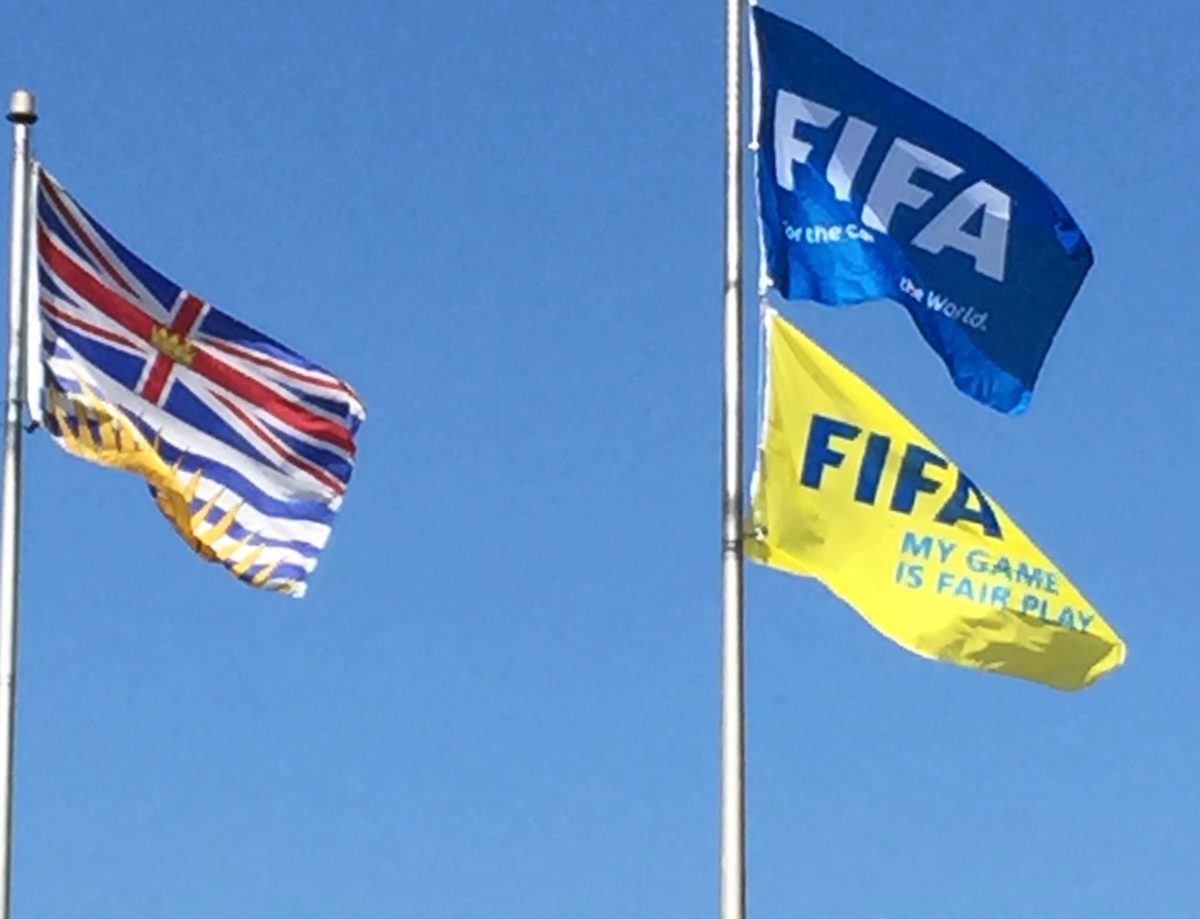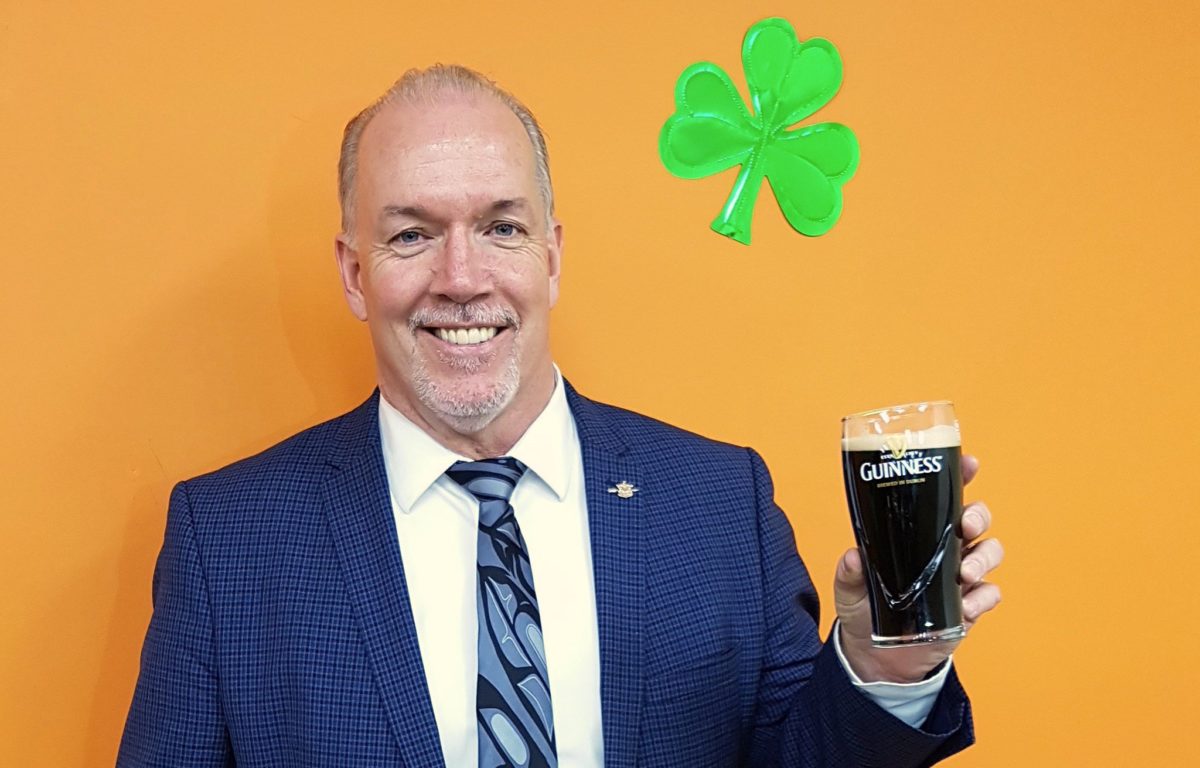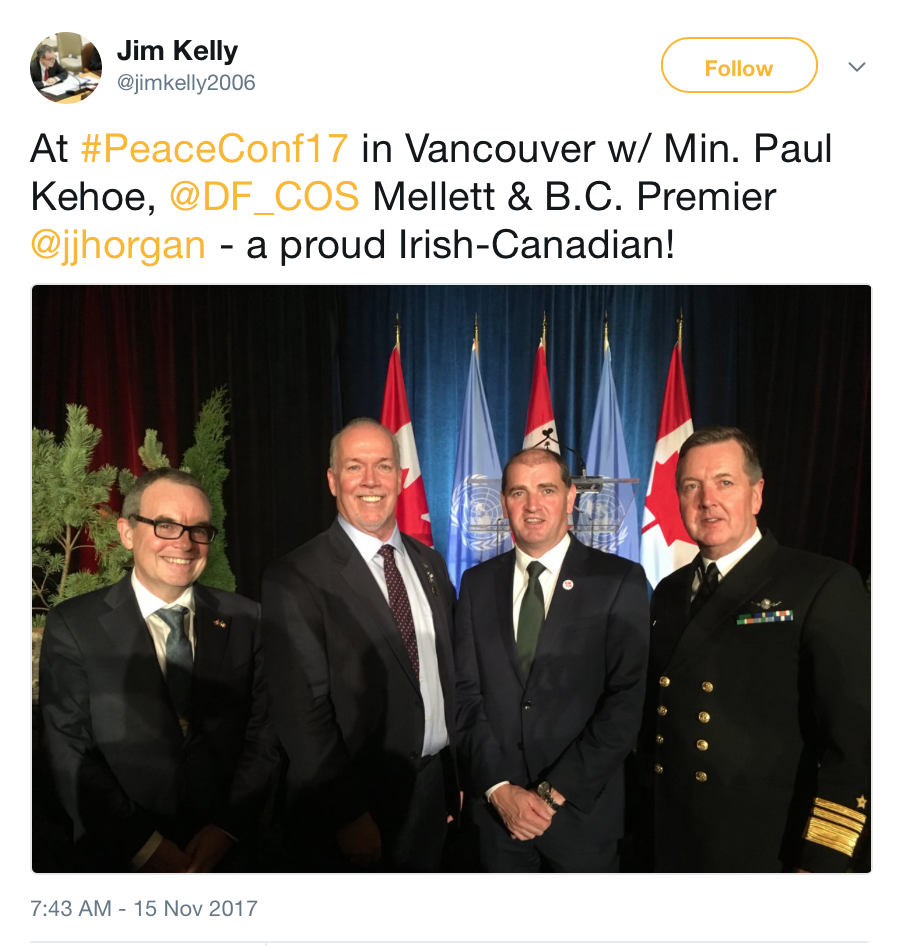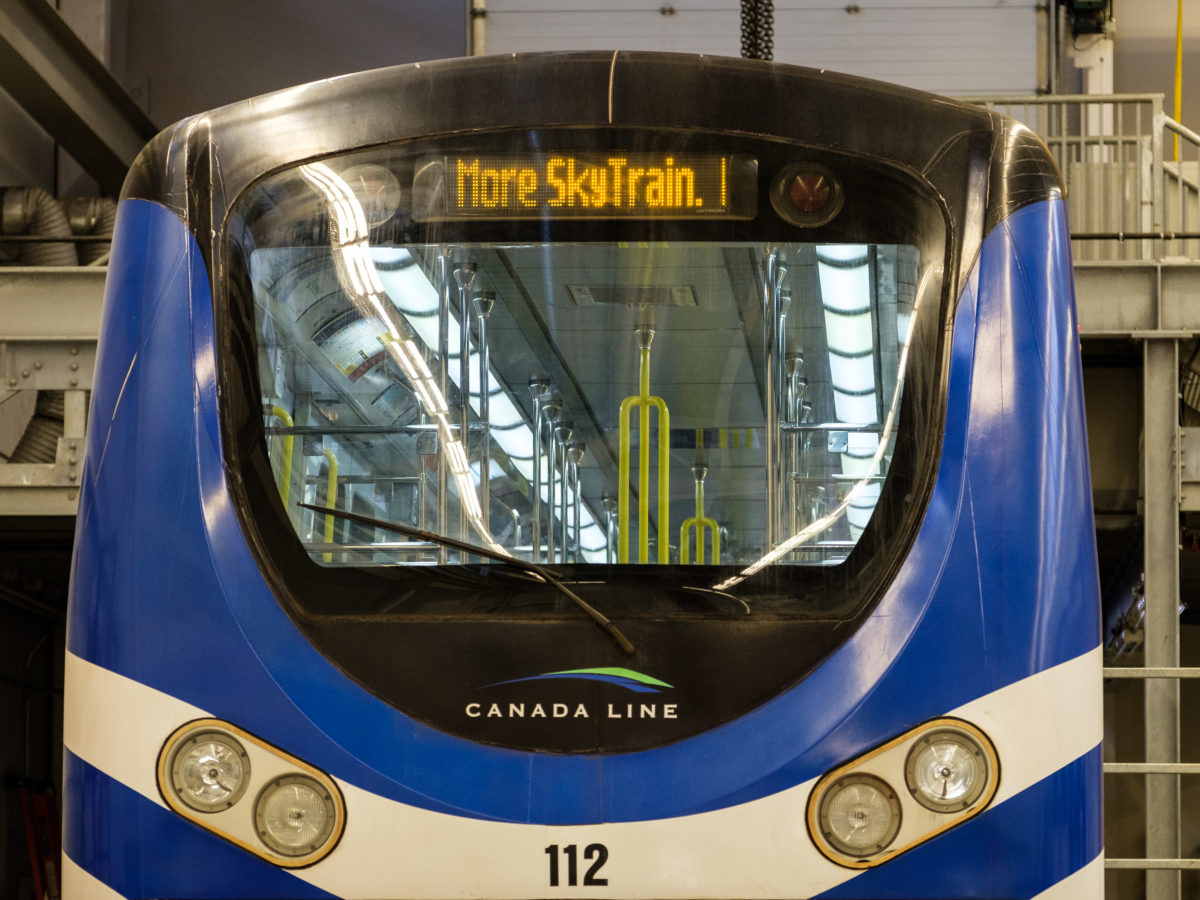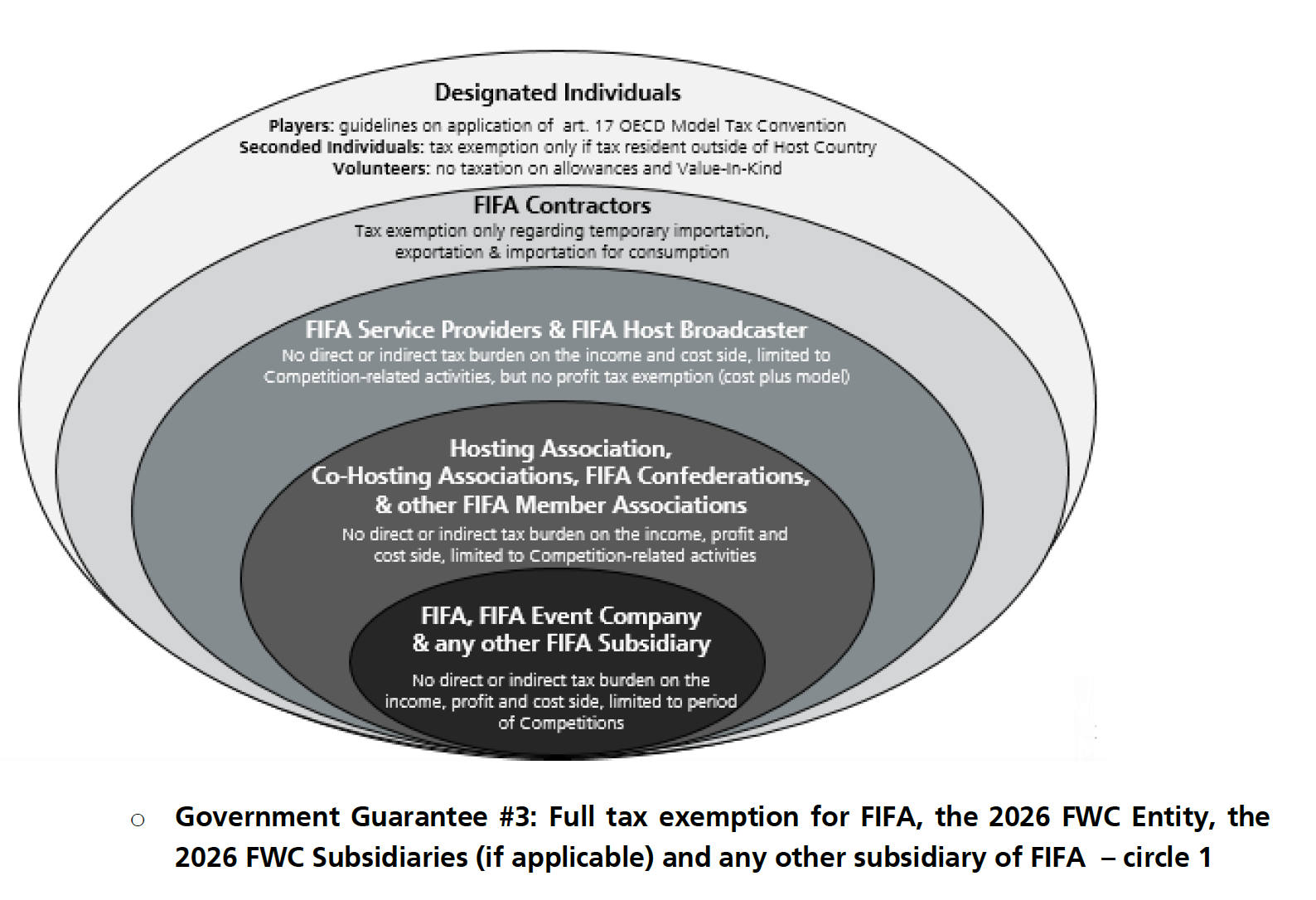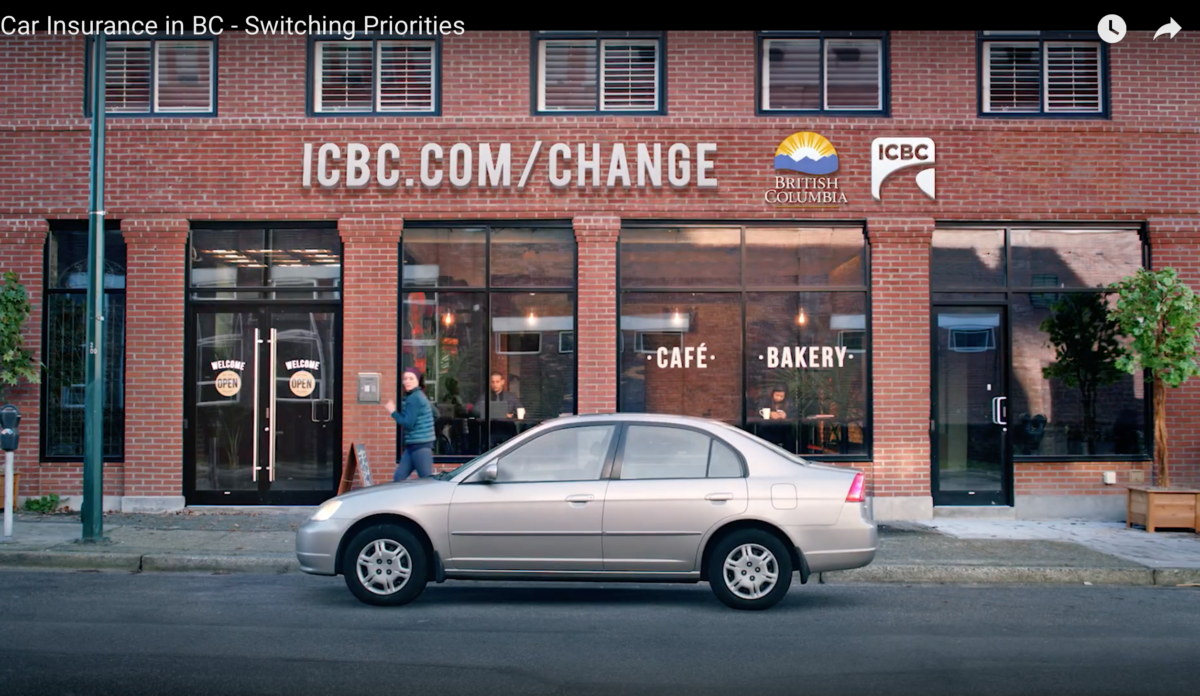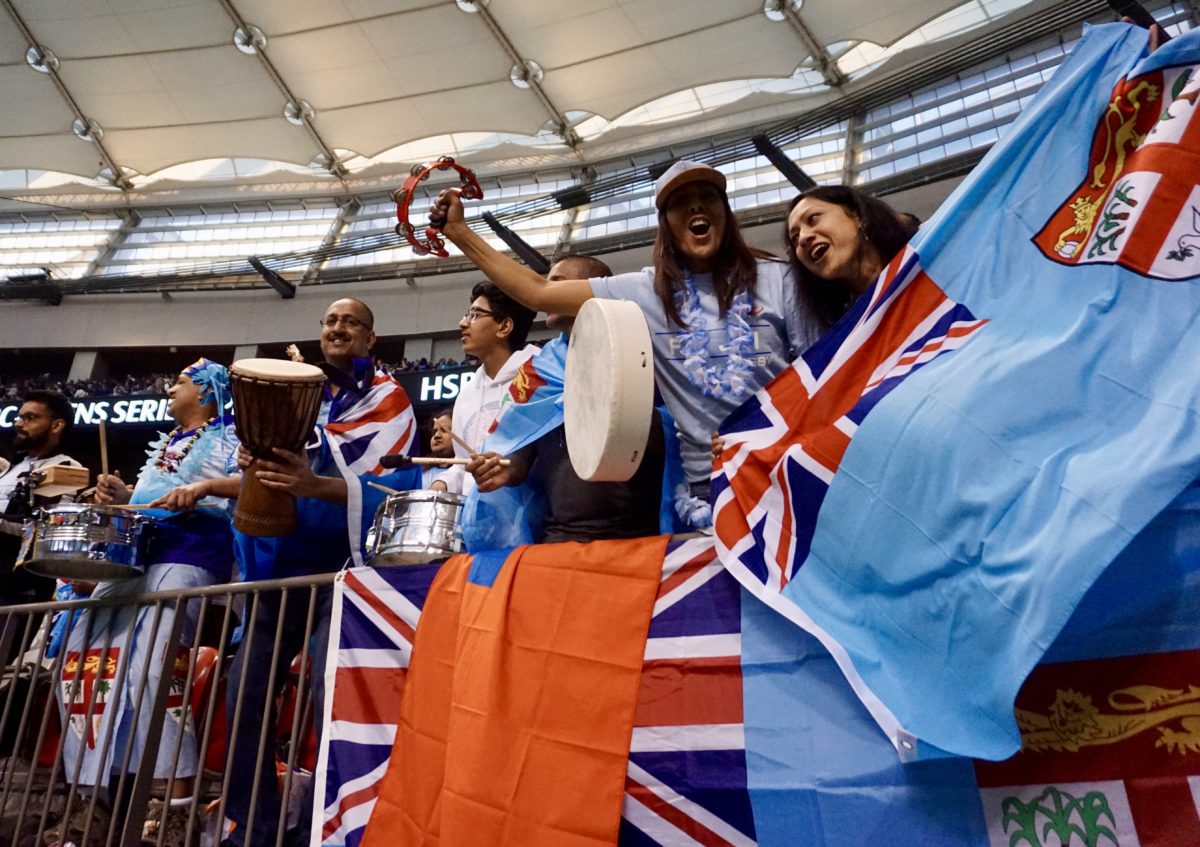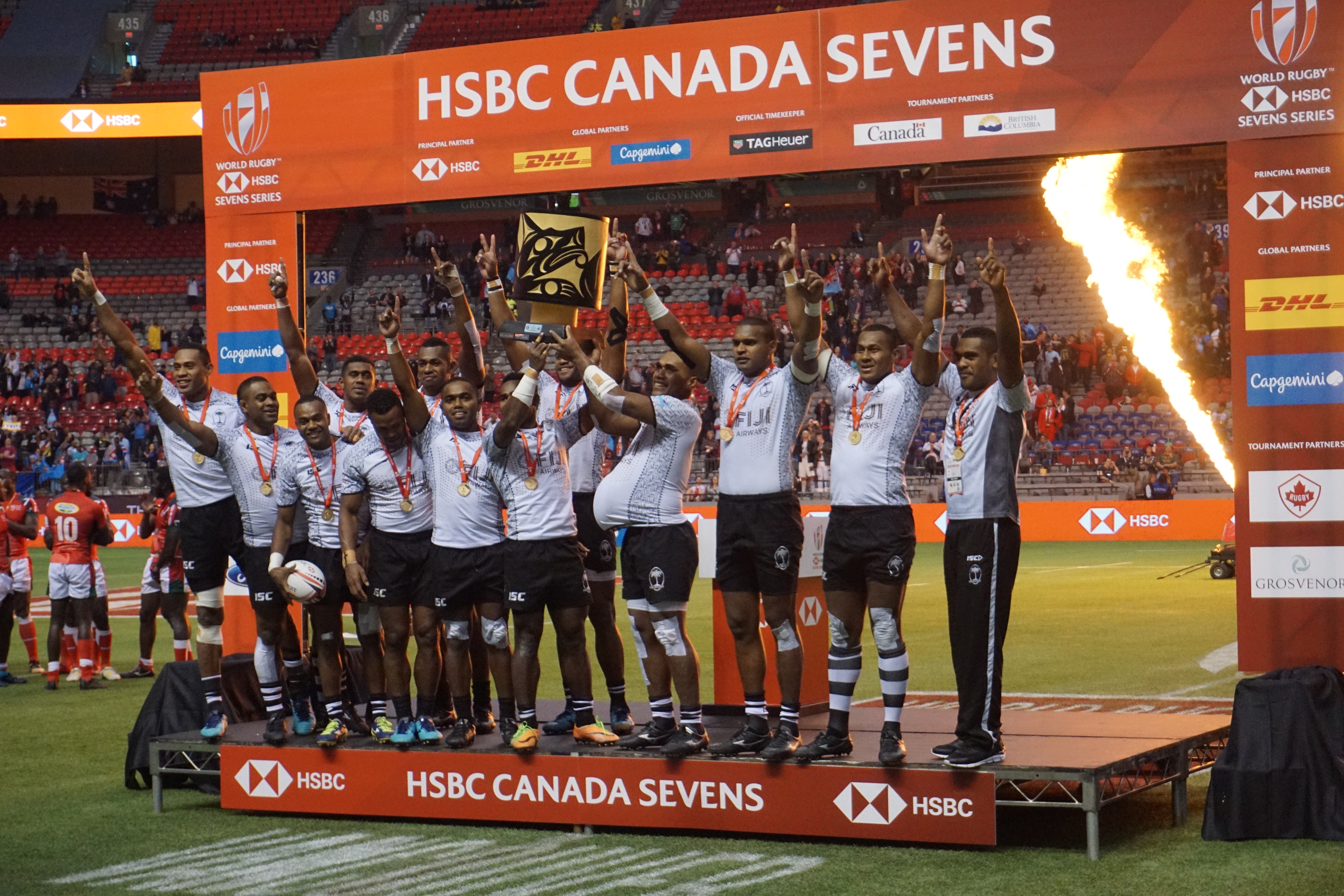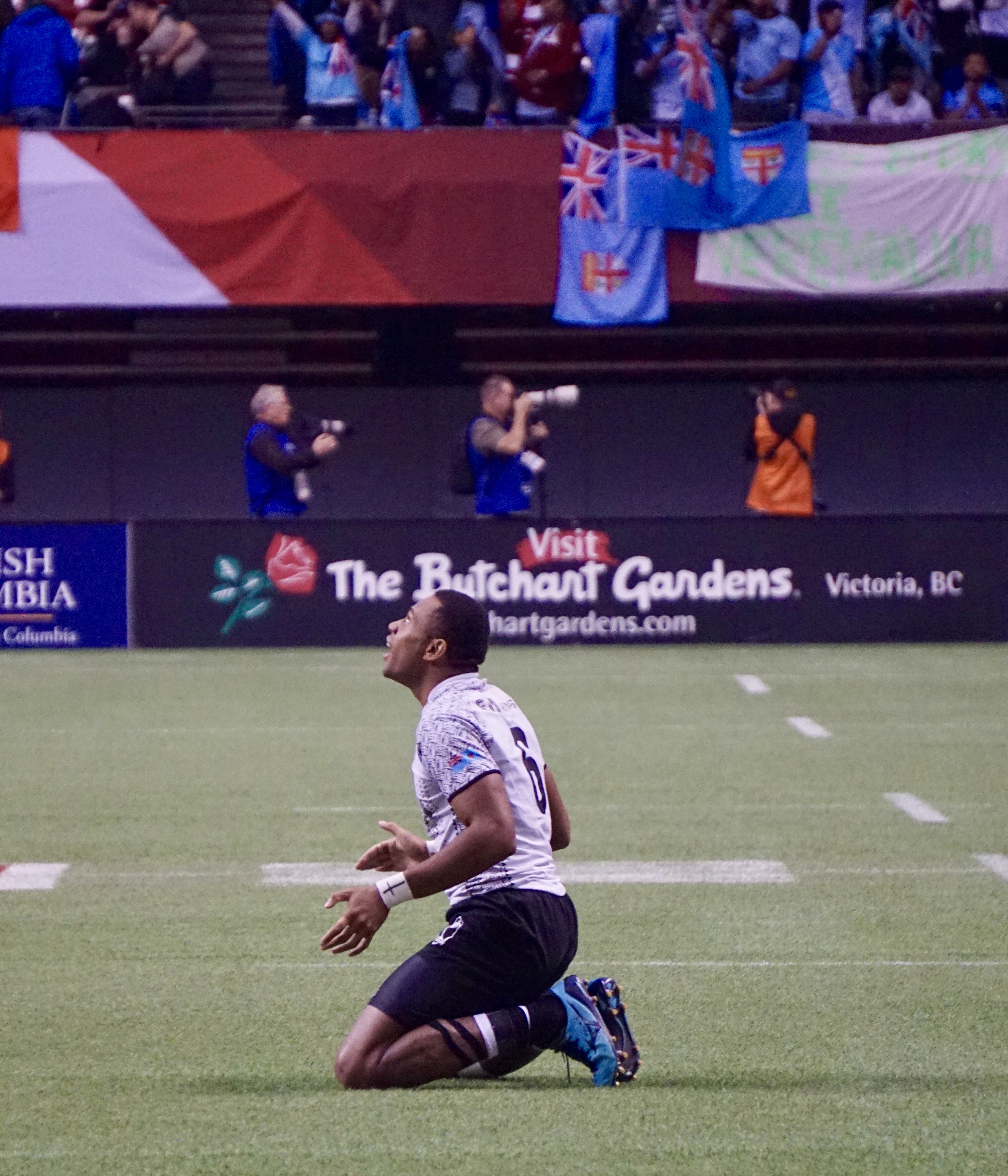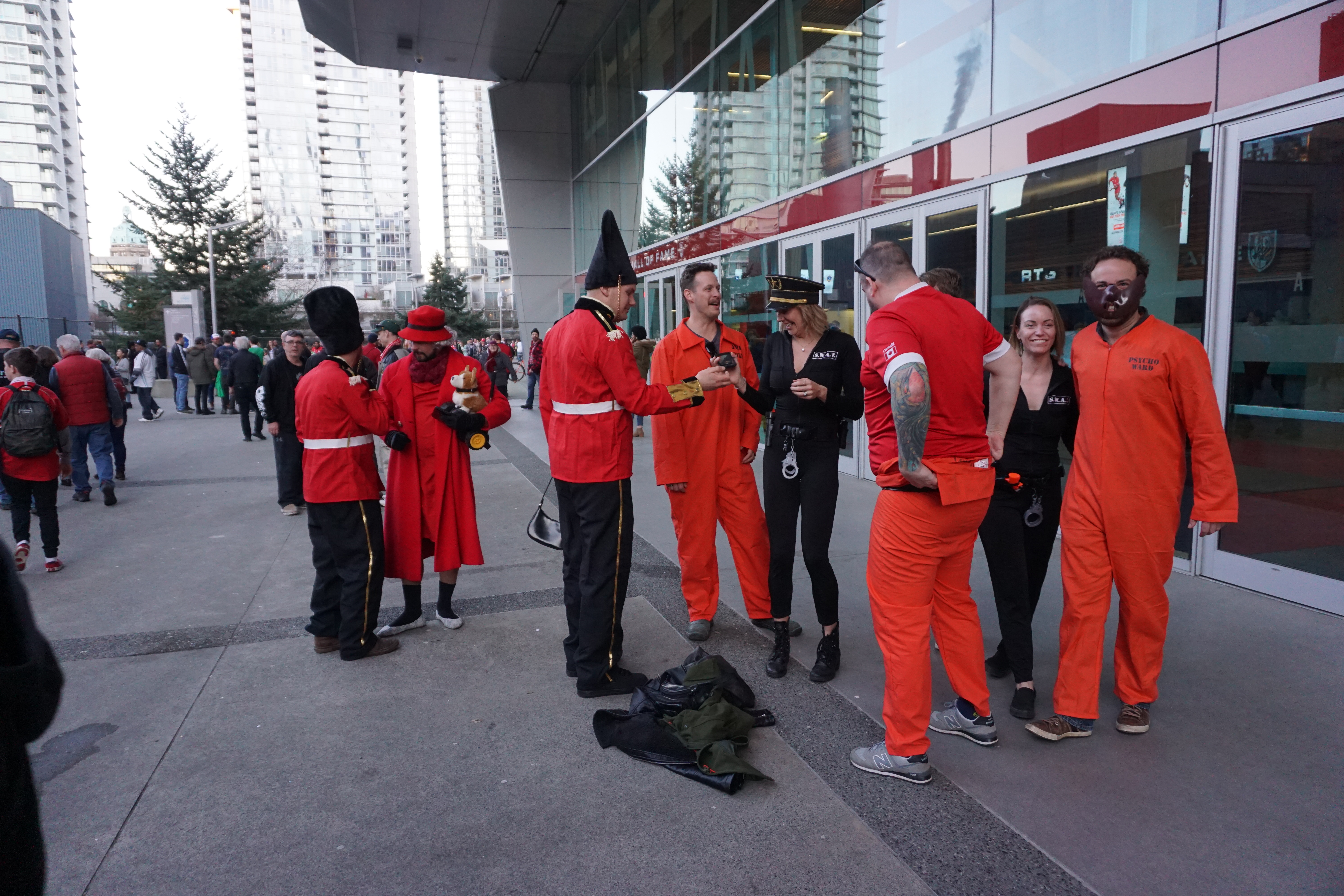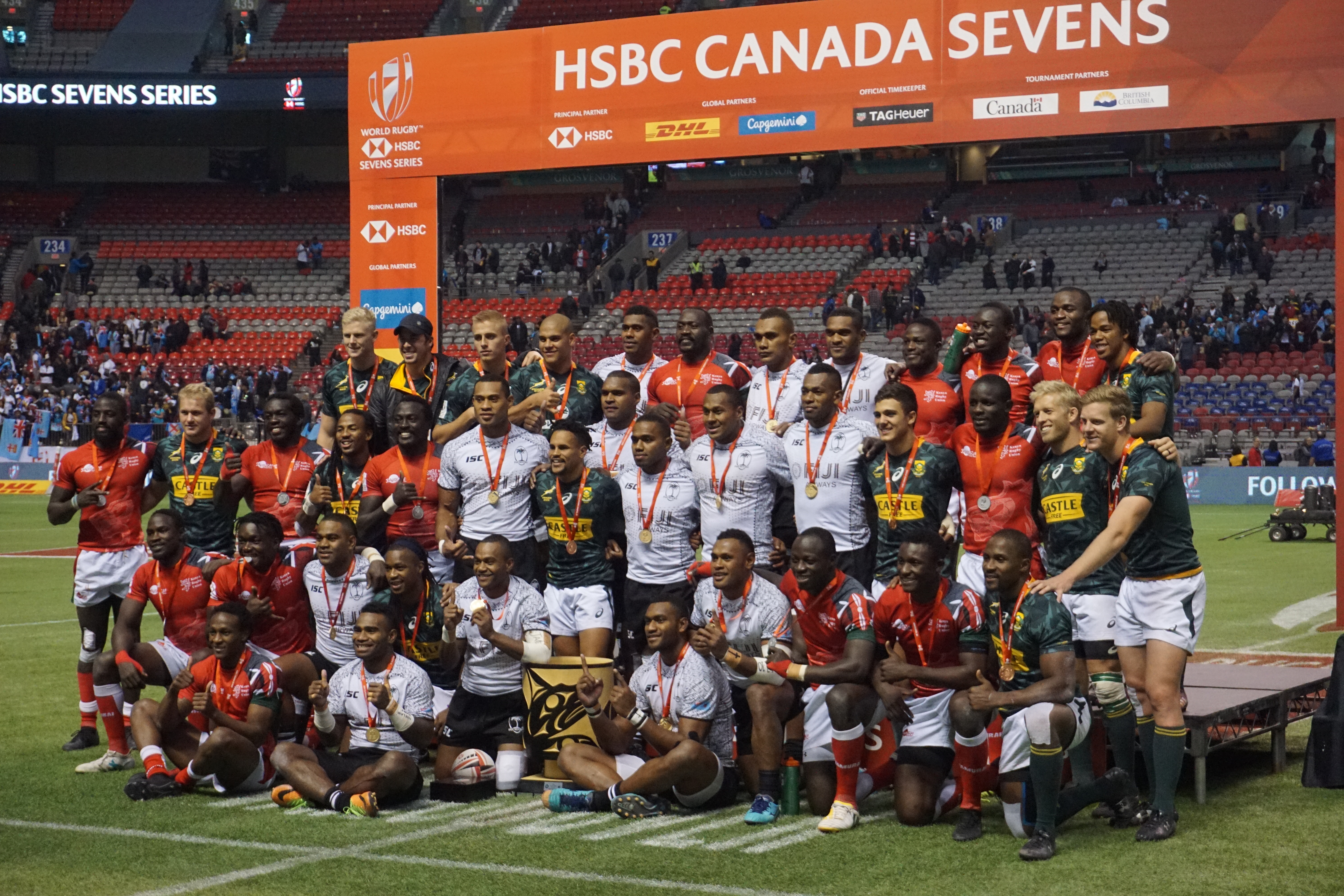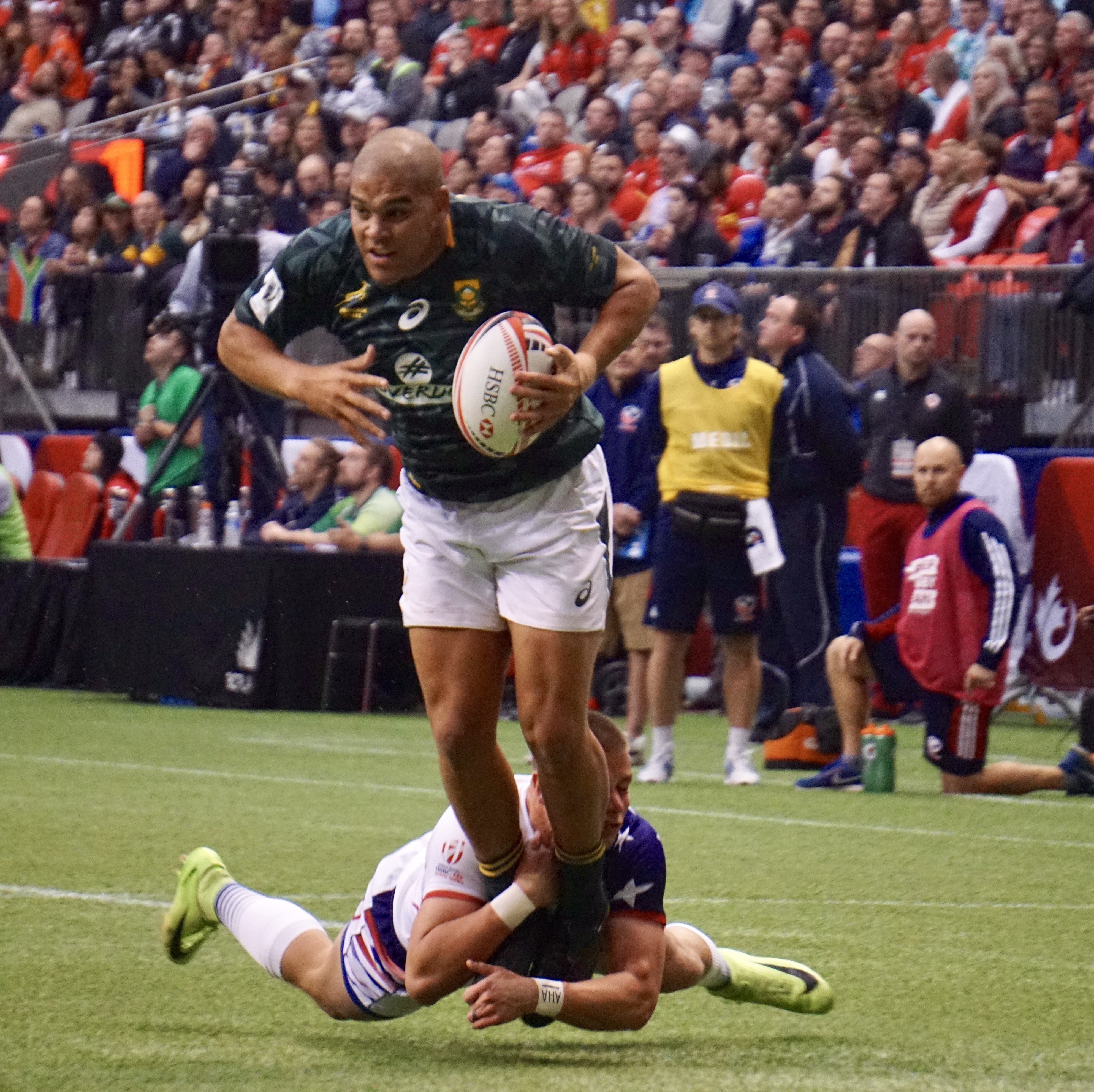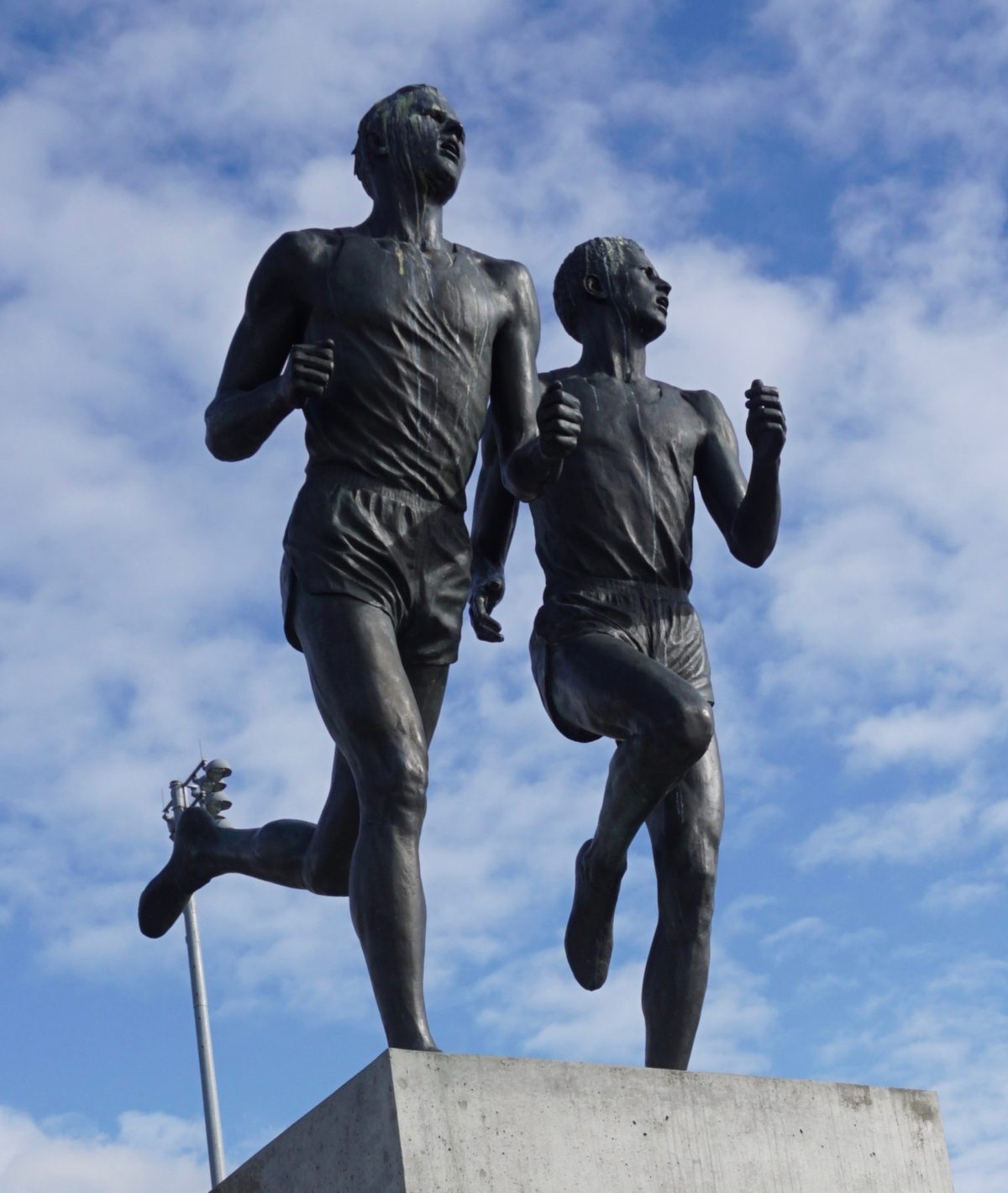Bob Mackin
Solicitor General Mike Farnworth did everything he could to try and dance around John Daly’s questioning, but Daly eventually won out.
Farnworth proclaimed on the March 10 edition of Daly’s Back to the Beat program that the plan to add radar speed detection to red light cameras at intersections was “nothing like photo radar whatsoever.”
Daly, in his wry style, told CKNW listeners: “It is, what I’m told, called three digital, high definition tracking using radar to measure the speed and the parameters of range and angle.”
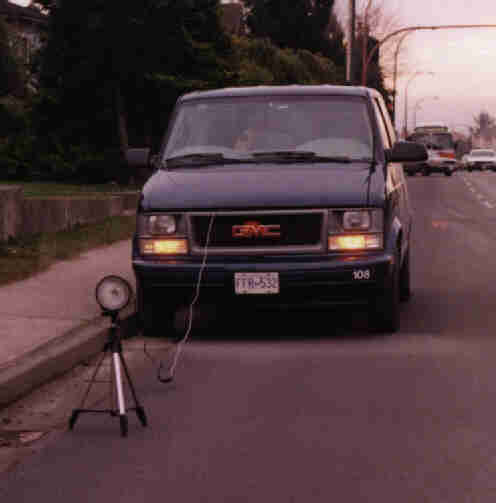
A B.C. photo radar unit from the 1990s (SENSE)
It could also cost up to $14 million to install. Net revenue from fines would go into the coffers of municipalities that are directly responsible for paying for policing, under the Traffic Fine Revenue Sharing program. It could only help the ailing ICBC if crashes decrease.
The BC Liberals abolished the NDP’s fleet of police-staffed, robotic radar minivans in 2001, a program that the incoming government deemed a cash grab. The program was the classic example of scope creep. Where the minivans would park and when they would be snapping speeders was announced by press release weekly and there were signs near the vans. As the program aged, press releases became less frequent and more vague, and some of the signs disappeared. Drivers were getting tickets for driving 61 km-h through a 50 km-h zone, even when the speed for the flow of traffic was substantially higher than the posted speed limit.
Former B.C. government bureaucrat Richard McCandless, quoting submissions to the B.C. Utilities Commission, said the existing $2.8 million a year cost to activate intersection cameras for six hours a day would jump $5.2 million to go around the clock.
During the 2016-2017 fiscal year, 34,600 violation tickets worth $4.3 million were issued. McCandless estimates traffic fine revenue would increase to $10 million under 100% activation.
Derek Lewers of the anti-photo radar group SENSE B.C. expects photo radar to return to highways.
The Capital Regional District is lobbying heavily for photo radar to be tested on the Malahat Drive, a 20 kilometre section of the Trans Canada Highway near Victoria.
CRD board chair, and Esquimalt mayor, Barb Desjardins wrote to Farnworth and Attorney General David Eby on Sep. 26, 2017, asking for a pilot study of what she called an “interval-based speed enforcement system” between the Langford Parkway and Mill Bay Road underpass.

A photo radar sample, shot at the Molson Indy Vancouver (ITCU)
Yet, as Lewers discovered, Desjardins is not relying on science, but anecdotal information about Malahat.
“Specific road data was not a deciding factor for TSC [Traffic Safety Commission] members because the police officers who regularly attend TSC meetings indicate speeding is continuously an issue on the Malahat,” Desjardins wrote in a Sept. 28, 2017 email to Lewers.
Desjardins cited Provincial Health Officer Dr. Perry Kendall’s 2016-published 2011 report “Where the Rubber Meets the Road” report that identified distracted driving and speeding as the top two causes of B.C. crashes. Yet the 1996 rate of 18.4 fatalities per 100,000 population had dropped to 6.2 per 100,000 by 2012.
The report said 577 deaths — almost 35% of high-risk driving related motor vehicle fatalities, happened because of speed, between 2008 and 2012. Failing to yield right of way (141), ignoring a traffic control device (86), improper passing (56) and following too closely (14) rounded out the list.
Lewers’ analysis of Ministry of Transportation reports and ICBC crash maps found there was an average of one Malahat crash per week from 2000 to 2011 and a fatality of one per year. There were three major safety upgrades in 2013, 2015 and 2017. Lewers says the Malahat’s 0.35 accidents per million vehicle kilometres is below the provincial 0.48 average.
“If we are to believe that speed cameras will cut related crashes by half, then instead of having six crashes per year, we will have three, as a result of speed, but it won’t solve the other 89% of crashes that are not related to speed,” Lewers said.
The 18-member TSC includes staff from the province’s Commercial Vehicle Safety and Enforcement, Ministry of Public Safety and Solicitor General, Ministry of Transportation and Infrastructure as well as cycling advocates Alan Perry of CFAX Radio, Greater Victoria Cycling Coalition’s Edward Pullman and consultant Todd Litman.
Bob Mackin
Solicitor General Mike Farnworth did everything







